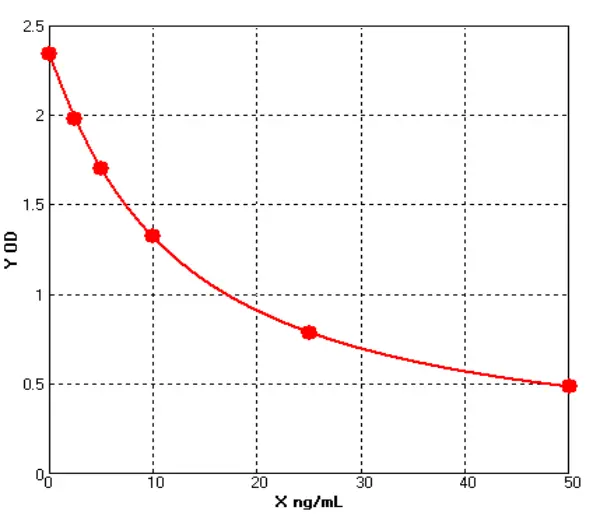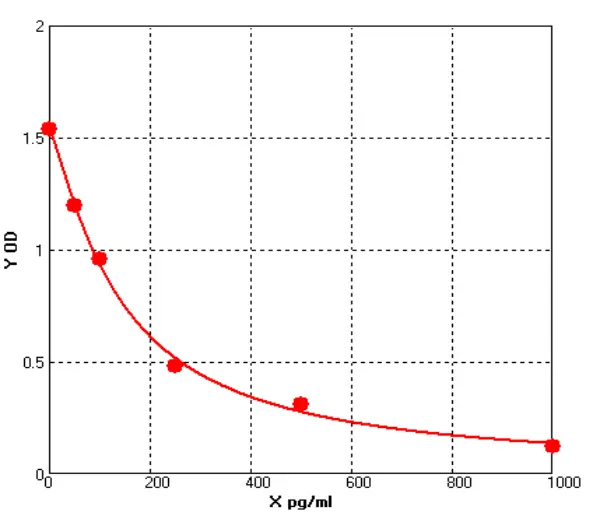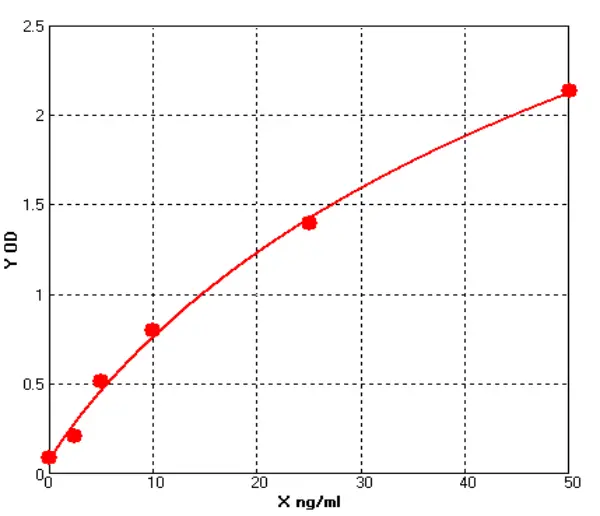Dive Deeper into Fish Immunology: Exploring the Applications of Fish ELISA Kits
Understanding the Importance of Fish Immunology ResearchFish immunology research is crucial for the sustainable management of aquatic ecosystems and the health of farmed fish populations. By delving deeper into fish immunology, scientists can gain valuable insights into the immune response mechanisms of fish species, paving the way for effective disease control and improved aquaculture practices. ELISA (enzyme-linked immunosorbent assay) kits have emerged as powerful tools in this field, enabling researchers to explore various applications and unlock the potential of fish immunology.
Detecting and Monitoring Fish Pathogens with Fish ELISA Kits
One of the key applications of fish ELISA kits in fish immunology is the detection and monitoring of fish pathogens. By targeting specific antigens or antibodies, fish ELISA kits allow researchers to identify and quantify pathogenic organisms in fish samples. This enables early detection of infections, facilitates disease surveillance in wild and farmed fish populations, and aids in implementing prompt management strategies to prevent disease outbreaks. ELISA kit company play a crucial role in developing and providing these essential diagnostic tools.
Assessing Fish Vaccine Efficacy and Immunization Programs
Vaccination is an essential component of fish health management. Fish ELISA kits play a crucial role in assessing the efficacy of fish vaccines and monitoring immune responses following immunization. By measuring antibody levels in fish serum, researchers can evaluate the effectiveness and duration of immune protection provided by vaccines. This information is invaluable for optimizing immunization programs and ensuring optimal disease prevention in aquaculture settings.
Investigating Fish Stress and Environmental Impacts on Immunity
Fish are constantly exposed to various stressors, such as changes in water quality, temperature fluctuations, and environmental pollutants. These stressors can significantly impact fish health and immune function. Fish ELISA kits enable researchers to explore the effects of stress and environmental factors on fish immunity by measuring stress-related hormones and immune biomarkers. This knowledge aids in understanding the vulnerability of fish to environmental stressors and developing mitigation strategies to safeguard their health.
Advancing Fish Health Management and Sustainable Aquaculture
The applications of fish ELISA kits in fish immunology research have far-reaching implications for fish health management and sustainable aquaculture practices. By enhancing disease detection, optimizing vaccination programs, and investigating the impact of environmental factors on fish immunity, fish ELISA kits provide critical insights for disease prevention, improved fish welfare, and responsible aquaculture production. Embracing these advancements in fish immunology research will contribute to the long-term sustainability of aquaculture and the protection of wild fish populations.
Diving deeper into fish immunology through the exploration of fish ELISA kits unlocks a wealth of knowledge and potential applications in the field of aquatic health. By detecting fish pathogens, assessing vaccine efficacy, investigating the impact of stressors, and advancing fish health management, fish ELISA kits revolutionize our understanding of fish immune responses. Harnessing the power of fish immunology research and fish ELISA kits enables us to promote the health and sustainability of fish populations, ensuring a thriving aquatic ecosystem and a prosperous aquaculture industry.



